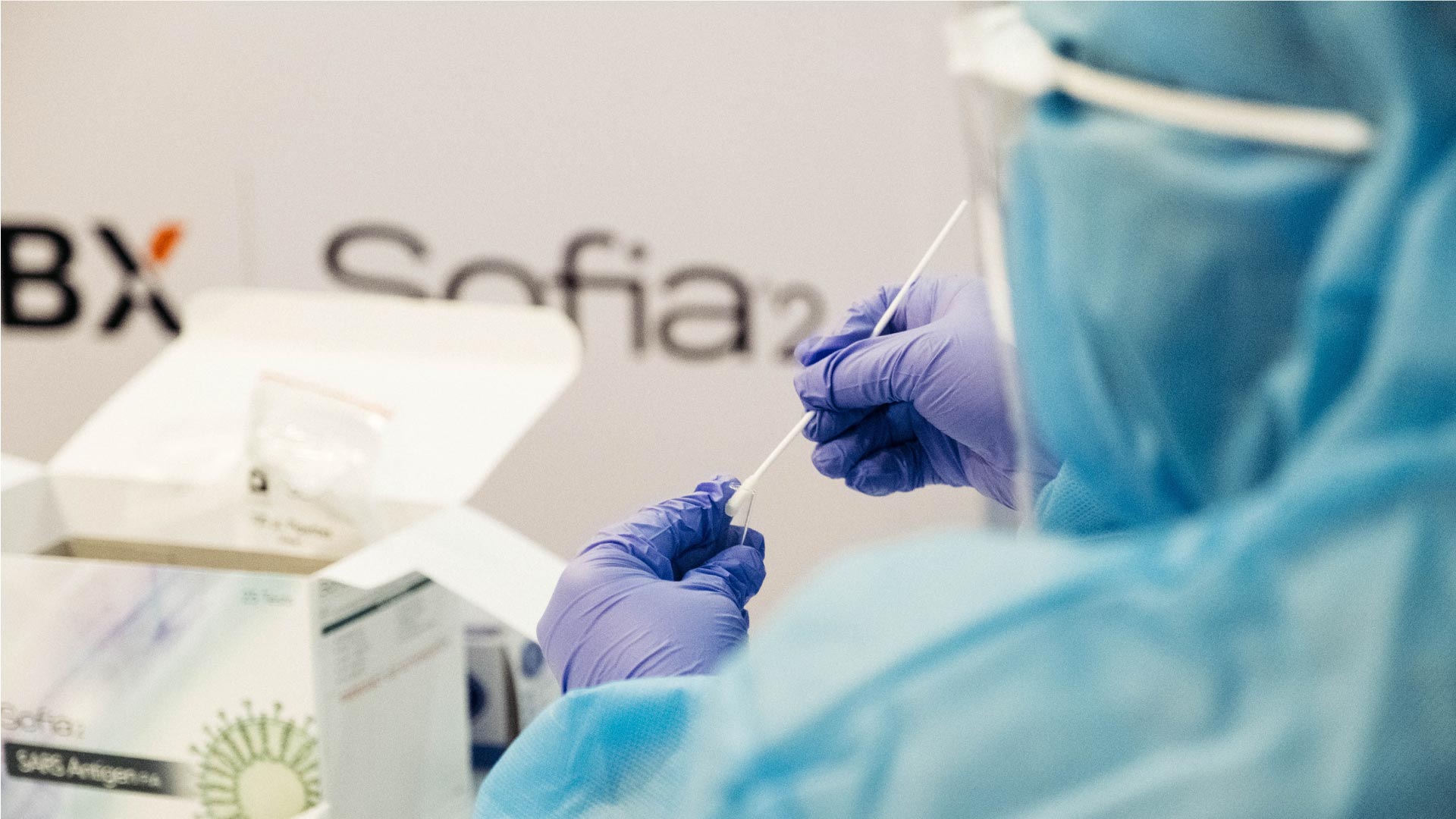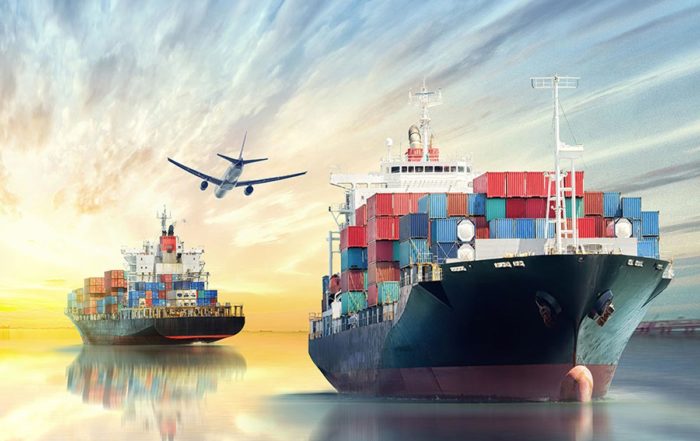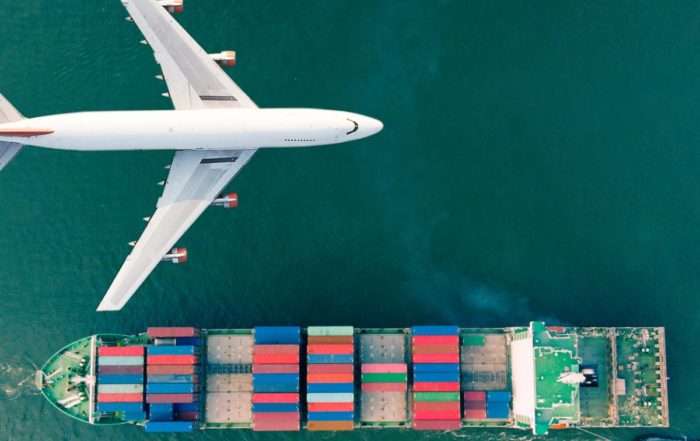The outbreak of the Covid-19 pandemic has been a challenge, not only on a health and social level, but also a commercial level. With the closure of borders, supply chains in some countries have been affected, even leading to shortages in some. However, if anything has helped to maintain hope throughout this crisis, it is the development of a vaccine to combat the virus that has changed the world.
It should not be forgotten though that this hope also brings with it its own challenges: What are the characteristics of this vaccine, what will be needed to transport it, and will it be possible to distribute it efficiently around the world? This is where logistics companies face their greatest challenge in 2021, as their role will be crucial to ensure that vaccination campaigns around the world can be carried out as quickly as possible.
The greatest of emergencies
Desperate measures for desperate situations. The world needs to regain, at least in part, some semblance of normality in order to cope with the economic crisis brought on by the pandemic. Efficient vaccine transport has therefore become a top priority. And while the challenge of distributing essential health material for protection had already been overcome, this vaccine presents its own challenges.

The goal: getting back to normal
While there were many logistical challenges throughout 2020, those associated with the distribution of the vaccine are undoubtedly the most important. This requires management to work with distribution companies and be more careful than ever. Let us take a closer look at the challenges to be faced.
- Achieving a controlled temperature: Undoubtedly the first and biggest challenge for distribution, especially for the vaccine developed by the pharmaceutical company Pfizer. This vaccine requires an environment with a temperature ranging between -80º and -70º, and a variation beyond these temperatures could compromise its effectiveness. This requires the use of temperature sensors in the means of transportation used for its distribution, as well as sustainable and effective packaging.
- Close collaboration: The distribution of this vaccine requires, more than ever, effective collaboration between management and distribution companies. By facilitating the work of the latter and by creating committees dedicated solely to this task, management will be able to start its vaccination schedule without delay.
- Transparency of process: Experience in crisis situations is a plus for the distribution companies when it comes to getting the Covid-19 vaccine to everyone. It is best if this process is done with complete transparency, with all the necessary transport status data being provided in real time, so that medical centres can keep a close eye on the distribution.
- Proper storage: Proper storage becomes essential when dealing with something as sensitive as the handling of Covid-19 vaccines. To avoid compromising the effectiveness of the vaccines, specialised packaging and optimal conditions in refrigerated warehouses will be required even in last-mile distribution warehouses.
- A prepared transport network: If a good distribution network is essential for the distribution of any commodity, it is even more essential in the case of such sensitive goods as vaccines. This global logistics network must function as a well-oiled machine to avoid any incidents at any stage of the distribution process. To achieve this, the characteristics of the intermediate or final distribution warehouses must be taken into account.
- Avoid delays and bottlenecks: The passage of goods through customs can often mean a delay, especially if it is a question of distributing a large quantity as a result of mass production. To prevent this from happening in the case of vaccines, greater transparency is needed with regard to the information required so that customs clearance does not become a delay that could compromise vaccination schedules.

Undoubtedly, and despite the challenges already faced in 2020, 2021 will continue to test the logistics sector, which will play a key role in Covid-19 immunization.
Maritime traffic, its functions and dependability
Maritime transport moves cargo equivalent to more than 90% of world trade, according to the International Maritime Organisation
Angola, a destination for growth
It is a country with which Spain has maintained uninterrupted trade relations since it declared its independence in 1977
The container crisis and its effects
Several factors are influencing the container crisis, causing product shortages and price increases.







